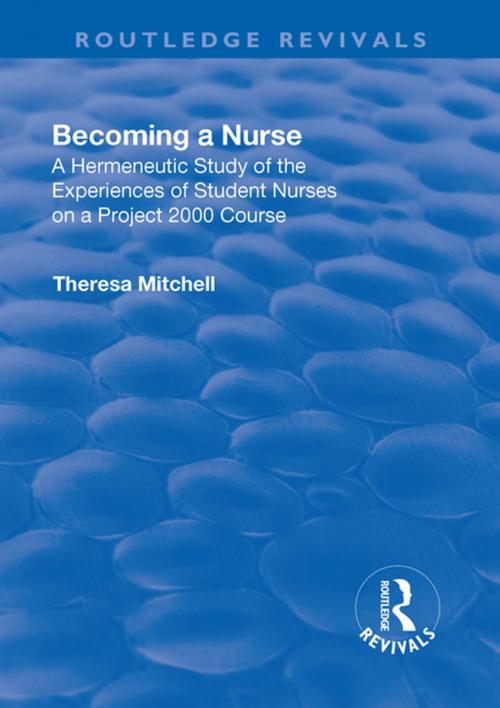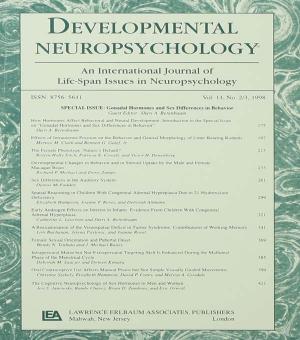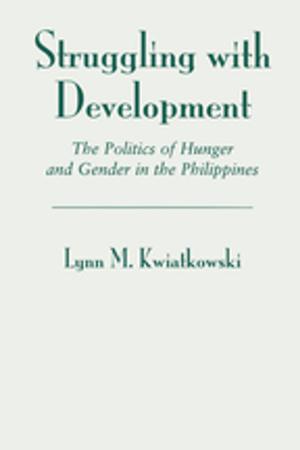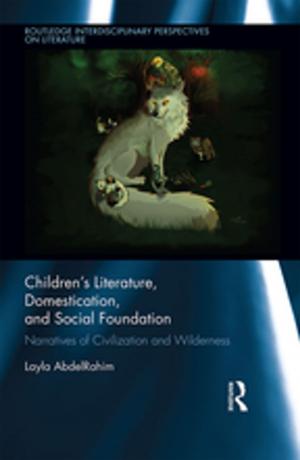Becoming a Nurse
A Hermeneutic Study of the Experiences of Student Nurses on a Project 2000 Course
Nonfiction, Social & Cultural Studies, Social Science, Sociology| Author: | Theresa Mitchell | ISBN: | 9781351751940 |
| Publisher: | Taylor and Francis | Publication: | April 27, 2018 |
| Imprint: | Routledge | Language: | English |
| Author: | Theresa Mitchell |
| ISBN: | 9781351751940 |
| Publisher: | Taylor and Francis |
| Publication: | April 27, 2018 |
| Imprint: | Routledge |
| Language: | English |
This title was first published in 2002: Presenting revealing insights into the structure and functioning of the Project 2000 courses, this book examines the original, creative and evolutionary research processes which led to the identification of student nurses’ unique and common experiences, and portrays the learning milieu in which students developed a self-concept of being a nurse. Employing Heidegger’s hermeneutic phenomenological approach, the book explores the concepts of intentionality, thrownness, being-in-the-world-with-others, temporality and active subject. It represents a substantial contribution to existing knowledge concerning student reflection and development, forms of teaching, leadership and supervision, and student exposure to a variety of experiences in clinical practice. It also contributes important new perspectives both to ongoing discussions related to socialization theory and to the qualitative methodology literature.
This title was first published in 2002: Presenting revealing insights into the structure and functioning of the Project 2000 courses, this book examines the original, creative and evolutionary research processes which led to the identification of student nurses’ unique and common experiences, and portrays the learning milieu in which students developed a self-concept of being a nurse. Employing Heidegger’s hermeneutic phenomenological approach, the book explores the concepts of intentionality, thrownness, being-in-the-world-with-others, temporality and active subject. It represents a substantial contribution to existing knowledge concerning student reflection and development, forms of teaching, leadership and supervision, and student exposure to a variety of experiences in clinical practice. It also contributes important new perspectives both to ongoing discussions related to socialization theory and to the qualitative methodology literature.















